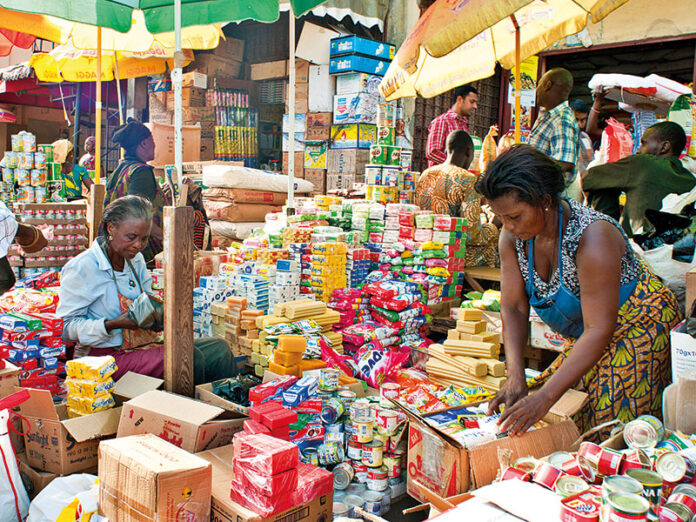Small and Medium Scale Enterprises in the Ashanti region are asking for better accountability for their taxes.
They insist tax collections among their fold remains low because they are not seeing the effects on the development of their communities.
Speaking to Ultimate Business on the sidelines of a Ghana Integrity Initiative Business Integrity Forum, heads of the various unions insisted that tax compliance will shoot up if they begin seeing tangible results of development from tax revenues.
“We don’t see any worth in the taxes we pay. We take care of our own sanitation and garbage collection. No one provides us with security. No one even cares to lay concrete blocks where we are working to save us from the dust so how do you expect us to be wholeheartedly committed to paying our taxes,” Regional Organizer for the Union of Informal Workers Association, Francis Adu Amankwah questioned.
The Ashanti Regional chairperson for the Bakers Association Comfort Akotia demanded that signages be placed on projects executed with tax revenues to serve as an incentive and education for the SME fold to desist from evading taxes.
The forum was held by the local chapter of Transparency International with support from the Netherlands Embassy, to assess the role of the private sector on the generation of tax revenues for Ghana’s sustainable development.
Small and medium scale enterprises constitute 90% of all registered businesses in Ghana; provide 85% of employment, and contribute some 70% of Ghana’s GDP.
Records from the Ghana Revenue Authority suggest that the taxes raked from this sector which is largely informal falls far below the value expected of this critical mass.
Responding to the complaints of the small business holders, Ashanti Regional area Head Domestic Tax Revenue Division of the Ghana Revenue Authority Samuel Sekyi Duodu argued that there were enough projects to convince SMEs in the region to contribute their taxes.
He outlined: “Our duty is just to collect the taxes but we know that these are the same monies that come to the Districts through the DACF to build schools and other projects. Constructing the Kejetia project is very big and we are even expecting a bigger second phase.
Next year we are expecting the Kumasi airport to be given a full international airport status and we are talking some 300 million dollars. About 100 kilometers of roads in Kumasi which were riddled with potholes have been asphalted so they can see what their taxes are being used for,” Mr. Sekyie Duodu added.
Programs Manager of the GII, Mary Addah insisted the onus of participation and accountability to the public squarely lay within the mandate of the Metropolitan, Municipal, and District Assemblies.
She emphasized, “We put them in trust so you have the assembly with its administrative and political leadership structures. You go into the community and people have been elected as representatives. They know exactly what is happening at the assembly level and they have to communicate to the local people.”
The forum collated the views and responses of the businessmen to be incorporated into working documents of the Ghana Integrity Initiative and the Ghana Revenue Authority.
By: Ivan Heathcote – Fumador.


